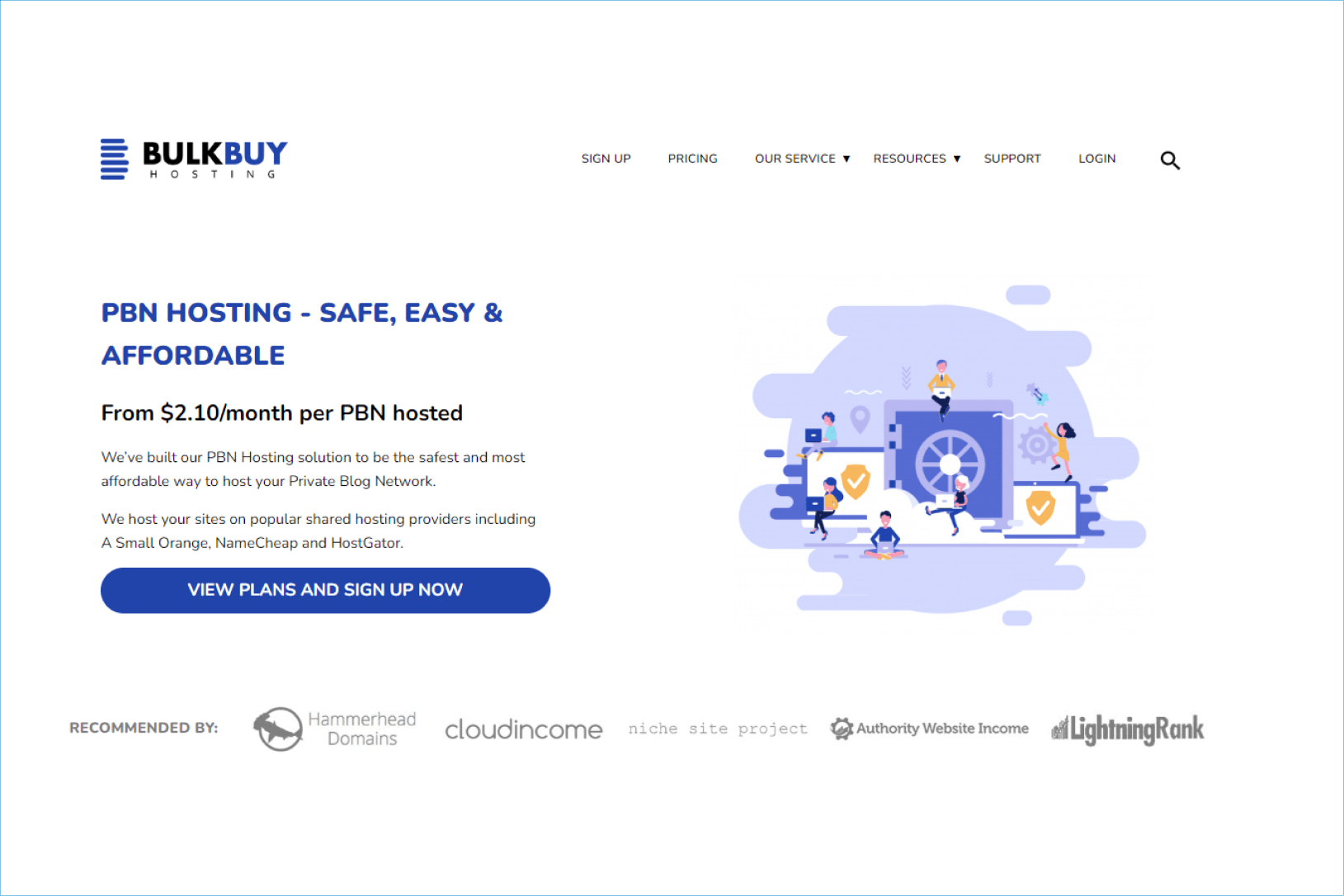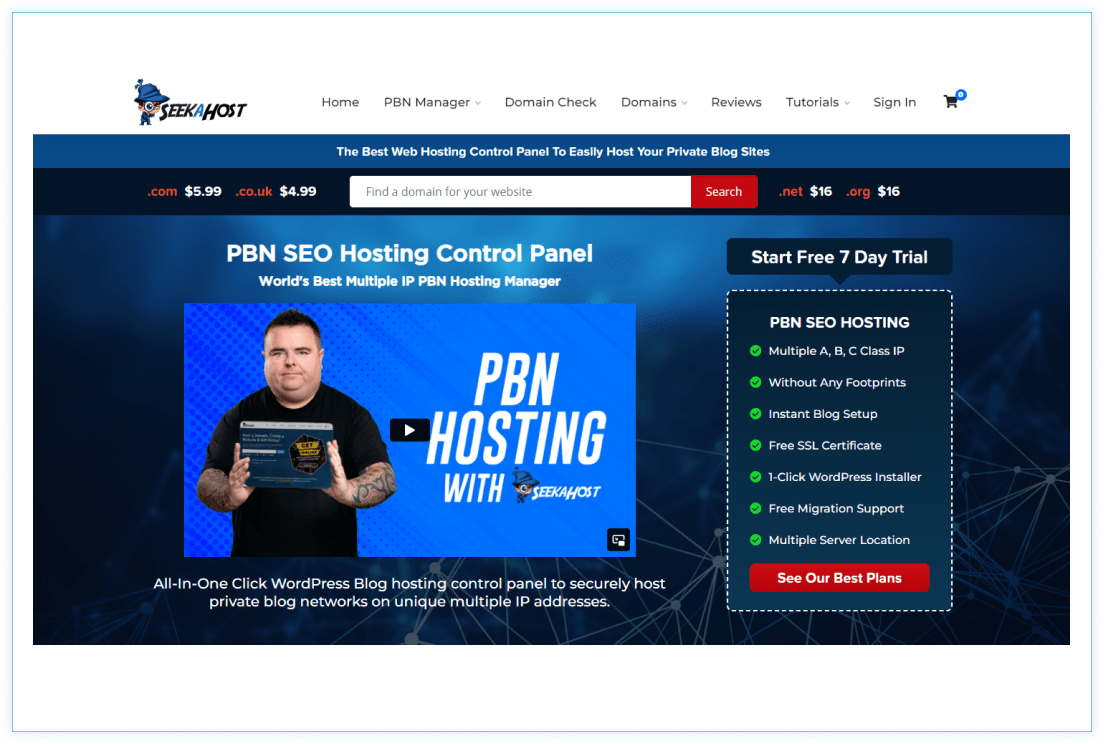
In the fast-paced world of digital marketing, SEO management is the cornerstone of online success. It is important to ensure that your company’s website appears at the top of search engine results. Without effective SEO management, your competitors will outrank you, and potential customers will be lost.
Understanding the fundamentals of SEO management is crucial for both experienced and novice digital marketers.
This article aims to simplify the complexities of SEO management, providing you with a clear understanding of its importance, key components, and how to use it to boost your online presence.
Let’s explore the world of SEO management together and make it less complicated to understand.
Key Takeaways
- SEO management involves implementing on-site and off-site SEO strategies to enhance a website’s organic visibility and improve search engine rankings.
- SEO is crucial for targeting motivated visitors actively searching for products or services online, making it a cost-effective way to attract relevant leads and reduce reliance on paid marketing channels.
- SEO typically focuses on four main pillars: on-site SEO, content, off-site SEO, and technical SEO, each playing a vital role in improving organic search rankings and driving website traffic.
- SEO management is often carried out by specialized agencies or consultants who follow best practices, implement safe and sustainable strategies, and adapt to the latest search algorithm updates to improve a website’s search visibility.
SEO management: Explained
SEO management refers to the process of developing and maintaining strategies that aim to improve a website’s visibility on search engine result pages. It involves optimizing your website for organic search rankings, which is a crucial part of any digital marketing strategy.
A comprehensive SEO strategy involves various elements, including technical SEO, which ensures that search engines can easily discover your site. Focusing on SEO management can help increase organic traffic and improve your brand’s online reputation.
It is important to stay informed about industry developments and adjust your strategies accordingly to achieve long-term success. SEO management typically includes tasks such as keyword research, on-page and off-page optimization, as well as ongoing performance monitoring to improve results.
SEO management is typically handled by either an agency or a consultant. They ensure best practices, use safe strategies and stay updated with search algorithm changes. Sometimes, internal marketing teams handle SEO, but due to its complexity, many outsource it to experts. About 54% of companies hire consultants for ongoing SEO management.
If you are searching for a good SEO expert, I recommend reading our article on the subject.
Also, don’t hesitate to contact us – we are always happy to help you! (email us at info@quirk.biz, or visit our contact page)
On-Page SEO Management
On-Page SEO Management is a fundamental approach to increase a website’s visibility in search engine results and attract organic traffic. This strategy comprises several components:
- Keyword Optimization: Integrating relevant keywords into website content to improve visibility in search engine results.
- Internal Linking: Creating links within the website to improve navigation and distribute link equity.
- Meta Tag Enhancement: Optimizing meta tags such as title tags and meta descriptions to improve click-through rates and relevance in search results.
- User-Centric Design: Designing the website with the user experience in mind to enhance engagement and satisfaction. (read this article to learn more about how UX affects SEO)
- Optimization of Titles, Headers, and Image Alt Text: Ensuring titles, headers, and image alt text are optimized with relevant keywords to improve search engine visibility.
- High-Quality Content Creation: Developing and publishing content that addresses the search intent of the target audience to improve rankings and attract organic traffic.
Off-Page SEO Management
Off-page SEO management involves strategies and tactics implemented outside of a website to improve its search engine rankings and visibility. The key aspects of off-page SEO management include:
- Link Building: Acquiring high-quality backlinks from authoritative and relevant websites through tactics like guest posting, broken link building, and outreach. These backlinks act as “votes of confidence” for a website, signaling its credibility to search engines. Learn about the different types of backlinks here: https://quirk.biz/different-types-of-backlinks/
- Online Reputation Management: Monitoring and improving a website’s online reputation through tactics like earning positive reviews, managing social media presence, and addressing any negative mentions.
- Local SEO: Optimizing a website’s local search visibility through tactics like claiming and optimizing business listings, building local citations, and generating positive reviews.
- Content Promotion: Promoting website content through channels like social media, influencer marketing, and content syndication to earn natural backlinks and increase brand awareness.
- Competitor Analysis: Analyzing competitors’ off-page SEO strategies to identify link-building opportunities, content gaps, and areas for improvement.
Technical SEO Management
Technical SEO management involves optimizing the technical aspects of a website to improve its search engine visibility and performance. It includes the following key components:
Website Structure and Architecture:
- Ensuring a logical, hierarchical website structure with clear navigation
- Implementing a clean URL structure
- Creating an XML sitemap and submitting it to search engines
- Optimizing internal linking to improve crawlability and PageRank distribution
Page Speed Optimization:
- Minimizing page load times by optimizing images, scripts, and other assets
- Leveraging browser caching, content delivery networks (CDNs), and other speed-enhancing techniques
- Implementing Accelerated Mobile Pages (AMP) or other mobile-friendly technologies
Crawling and Indexing:
- Configuring robots.txt and meta robots tags to control how search engines crawl and index the website
- Identifying and fixing crawl errors, broken links, and other technical issues
- Submitting the website to search engines and monitoring indexation
Mobile Optimization:
- Ensuring the website is mobile-friendly and responsive across all devices
- Implementing mobile-specific best practices like viewport meta tags and touch-friendly UI elements
Structured Data Markup:
- Adding schema.org markup to provide search engines with additional context about the website’s content
- Enhancing the appearance of search results with rich snippets, knowledge graphs, and other structured data features
Security and HTTPS:
- Implementing HTTPS to secure the website and improve user trust
- Addressing any security vulnerabilities or issues that could impact search engine rankings
Conclusion
In conclusion, mastering SEO management is crucial for improving your website’s visibility and driving organic traffic.
By implementing on-page, off-page, and technical SEO practices effectively, you can boost your search engine rankings and establish a strong online presence.
Keep monitoring and adapting your strategies to stay ahead in the ever-evolving digital landscape.
With dedication and consistency, you can achieve long-term success in managing your SEO campaign.


































